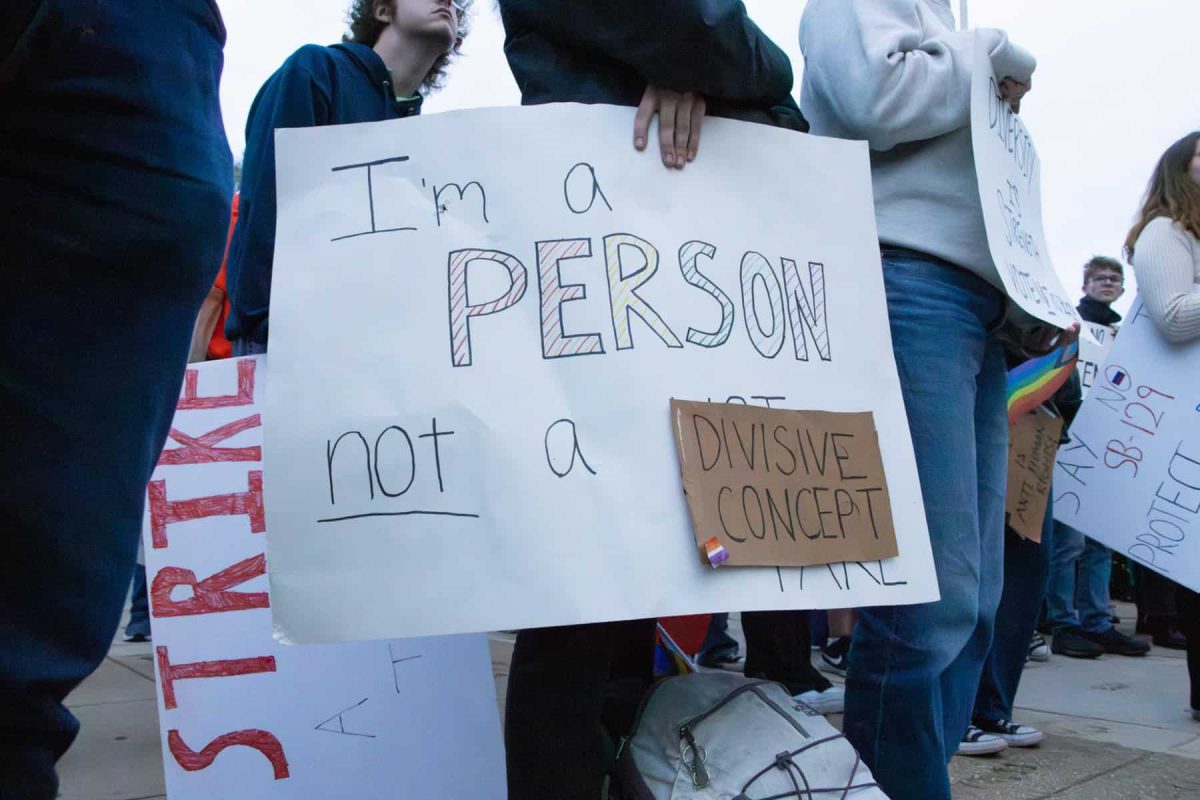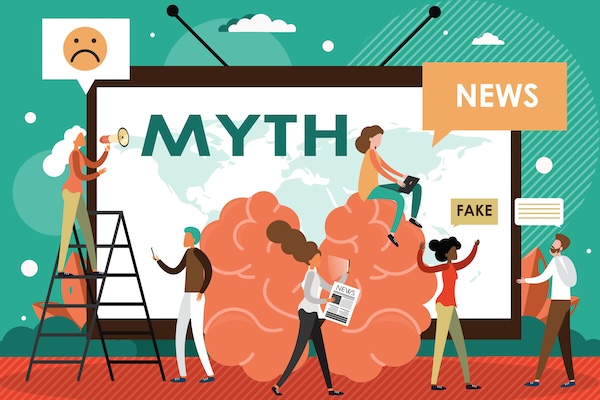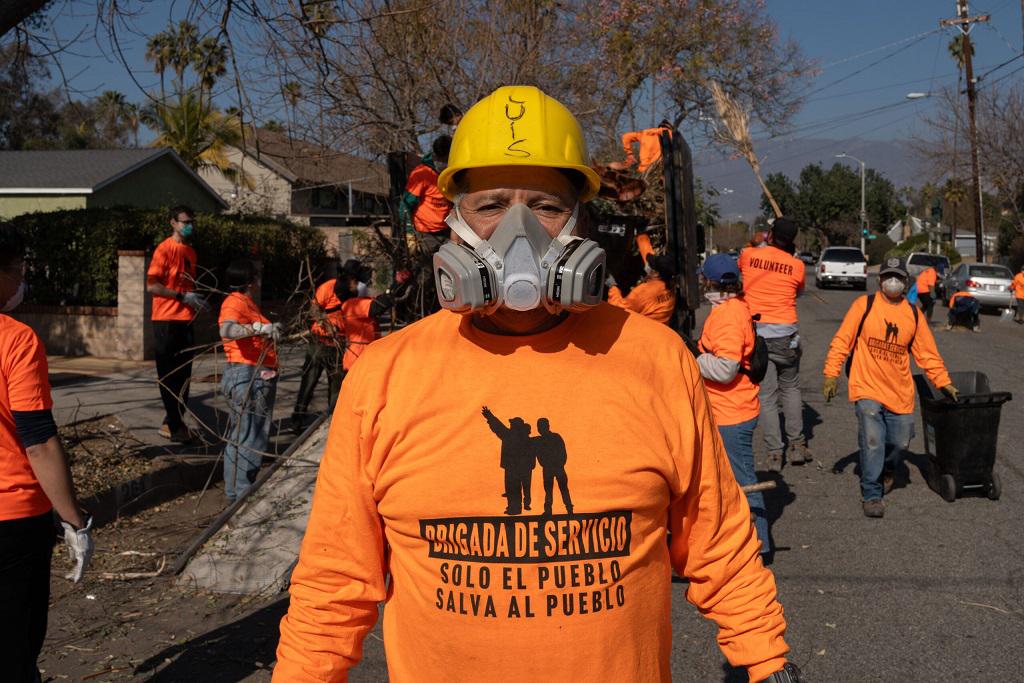Despite the chill, much of campus was boiling last week. I expected the outrage following last Thursday’s editorial. After all, talking about privilege is tough.
The anger didn’t shock me initially, at least not until I heard a different voice echoing the same message. I spoke with a classmate in an upper level feminist theory course who was just as outraged as every Greek with whom I had spoken. The serious difference was that this woman isn’t Greek. She is, however, an ambassador. In the loosest of terms, she argued some institutions should remain beyond the reaches of critical commentary because of their relative importance to the University (SLU Ambassadors being one of them).
My train of thought stopped so fast it practically derailed. Was I in the right classroom? We should be critical of everything, starting with this editorial. She could have been justifiably annoyed that the author—neither affiliated, nor an ambassador—presumed to speak with authority on her experiences. This is easily appropriation. The author also effectively labels this girl as marginalized when she had never self-identified as systematically disadvantaged—both paternalistic and disempowering.
But then again, the girl was not angry for these reasons, and bias doesn’t nullify reality. This ambassador’s support for the institution was so pervasive that she managed to misunderstand the article at its core. At first, the fact that someone might see the example of Greek overrepresentation in Student Ambassadors as central rather than illustrative genuinely surprised me. The article is titled “Greek Organizations at SLU” and the forthcoming two-part criticism is one of IFC and Panhellenic organizations. I expected Greek vitriol, but I didn’t anticipate the people the author sought to empower would link arms with the Great Greek Line. I did not account for the fact that, exactly as the article suggests, Greek issues and interests are unconsciously campus issues and interests regardless of personal affiliation.
When you have a system that overrepresents or overstates the interests of a minority of advantaged elites who misunderstand that their reality is not everyone’s reality: you have patriarchy and privilege. When you have an institution that values a certain type of voice over other experiences in their hiring practices: you have institutionalized oppression. These are societal issues far bigger than SLU, but that does not mean we should feel compelled to accept them within our University.
The purpose of the article was to show that SLU (in this example the Office of Admissions) has an unconscious bias which favors Greek students insofar as they are seen immediately as dynamic leaders with strong morals and a keen understanding of the university, all before they actually have to prove any of that is true. Greeks by virtue of affiliation are individually benefited by assumptions that they cannot control; they are privileged.
The article was not meant to devalue unaffiliated ambassadors’ contributions to student recruitment. It seeks the opposite: a campuswide push to make the marketing and marketers of this school less Greek and more representative of the student body. When 20% of the campus is Greek (and 80% are not), while at the same time 50% of Student Ambassadors are Greek, then we have a problem. With a 1:1 ratio rather than 1:4, the concerns and interests of the 80% of non-affiliated enrolled students are seen as equally important as the concerns and interests of Greek affiliated members. A perfectly representative system would mean that non-affiliated students should have a collective voice that is four times louder than their IFC and Panhellenic counterparts. As a result, they should have a much more important role in shaping and defining this campus through the recruitment of our future students than they currently have access to.
So what now? In a perfect world, we could change the system. In a realistic one, we can change ourselves. To gravely oversimplify, we as Greeks need to remember (collectively and individually) that “with great power, comes great responsibility.” The article was a call for us to recognize and utilize our privilege to promote diversity and progress (internally and externally) because we are the ones who can make it happen. Privilege does not have to be negative!
To close, I want to illustrate that perhaps the best display of Greek life’s privilege is that we have the option to ignore this. If we remain silent, inactive, and unaware of our privilege, absolutely nothing will happen. We are so established as organizations and tastemakers on this campus that negative opinions, even public ones through legitimate channels, are not enough to seriously threaten our status or security.
If we want to create a better more balanced SLU, we can’t let opportunities for conversations like this slip away. We should not aspire to remain untouchable.
















bob sacamano • Sep 18, 2014 at 5:36 pm
So if you were in a Greek organization it is impossible to be an individual. If you are in a Greek organization you are rich. If you are in a Greek organization you are too dumb to realize that some people are privileged and some people are underprivileged.
Got it. You killed this one Patty cakes